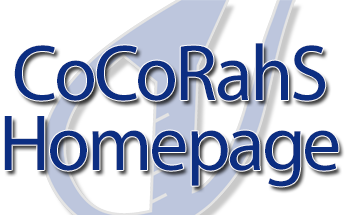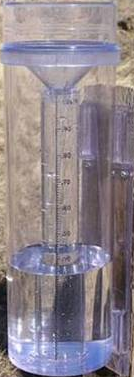Anchorage, AK
Weather Forecast Office

Observations
 |
 |
|
What is CoCoRaHS? CoCoRaHS stands for the Community Collaborative Rain, Hail & Snow network. It is a unique, non-profit, community-based network of volunteers of all ages and backgrounds working together to measure and map precipitation (rain, snow and hail). The network originated with the Colorado Climate Center at Colorado State University in 1998 thanks in part to a devastating flood that occurred in the previous year.
|
US Dept of Commerce
National Oceanic and Atmospheric Administration
National Weather Service
Anchorage, AK
6930 Sand Lake Road
Anchorage, AK 99502
907-266-5105
Comments? Questions? Please Contact Us.



